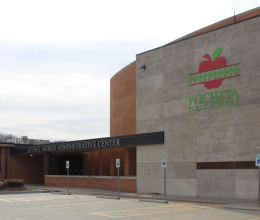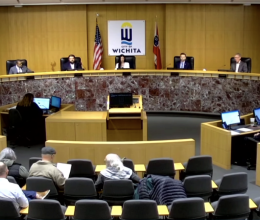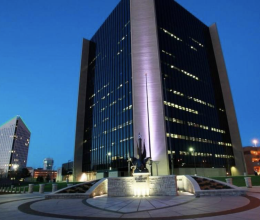
The Resilience of Nicodemus
In the 2021 hybrid documentary/scripted feature based on Ibram X. Kendi’s award-winning book, Stamped From the Beginning: The Definitive History of Racist Ideas, Princeton Prof. Imani Perry connected several historical dots over the span of centuries.
“The response to Black progress in the country is punishment,” said Perry, who works at the Center for African American Studies at the Ivy League school.
History sides with Perry. Reconstruction begat roughly 100 years of segregation and lynching. Just 12 years after Dr. Martin Luther King, Jr.’s, death, the Reagan revolution tried to erase Civil Rights gains. President Obama gave way to extremism across the country.
But in that resilience, Black America set out seeking freedom, and agency and the bounty promised to any American daring to dream.
Nicodemus is a product of that resilience.
Formerly enslaved people left Kentucky just as Reconstruction began to crater, releasing a torrent of hatred in violence into the nation’s bloodstream. With terror on their heels and the promise of freedom ahead, thousands of the formerly enslaved hammered together wagons and headed West.
In 1877, a group of those settlers landed in Nicodemus on the high plains of northwest Kansas. Six Black men and one white man created the town company. By 1976, the nation had named Nicodemus a National Historic Landmark. It has survived, but barely. It has only a couple dozen residents anymore.
Still, its historical significance remains sprawling.
Some historians have claimed the name sprang from the biblical story of Nicodemus and Jesus’ declaration that we must be “born again.”
While poetic, that’s just not so, said Angela Bates, a Nicodemus native, the town’s historical protector, and founder of the original Kansas African American History Trail.
“Nicodemus is named for the African Prince mistakenly enslaved but who eventually purchased his freedom,” said Bates.
Bates said many of the town’s original progeny came from the unusual union of Former Vice President of the United States, Richard M. Johnson, and the woman he’d enslaved and married. That genealogy resounds. Despite surface racial differences we’ve turned into galaxies, we remain bound – ironically – by blood and soil.
Nowadays, former residents, Black history tourists and more return to Nicodemus annually to celebrate the town’s bright history, filled with a sense of pride of what the town once represented.
They’re connected to a past where terror played virtually every part and like the people who hurled themselves into the nation’s westward expansion, they’re still in search of that promised land, that promised freedom, that magical land that won’t punish them for flourishing.
Related content


DOJ report: Wichita public schools disproportionally discipline...
July 3, 2024
More than dirt; AAPI racism in recent Kansas bill
May 17, 2024
KHP ordered to pay plaintiffs $2.3 million for unconstitutional ...
April 15, 2024
Settlement changing criteria, adding oversight to Wichita Police...
April 9, 2024
Council approves Wichita Police Department gang list settlement
April 9, 2024
Wichita pays $625K to settle lawsuit over police use of...
April 9, 2024
Council approves Wichita Police Department gang list settlement
April 9, 2024